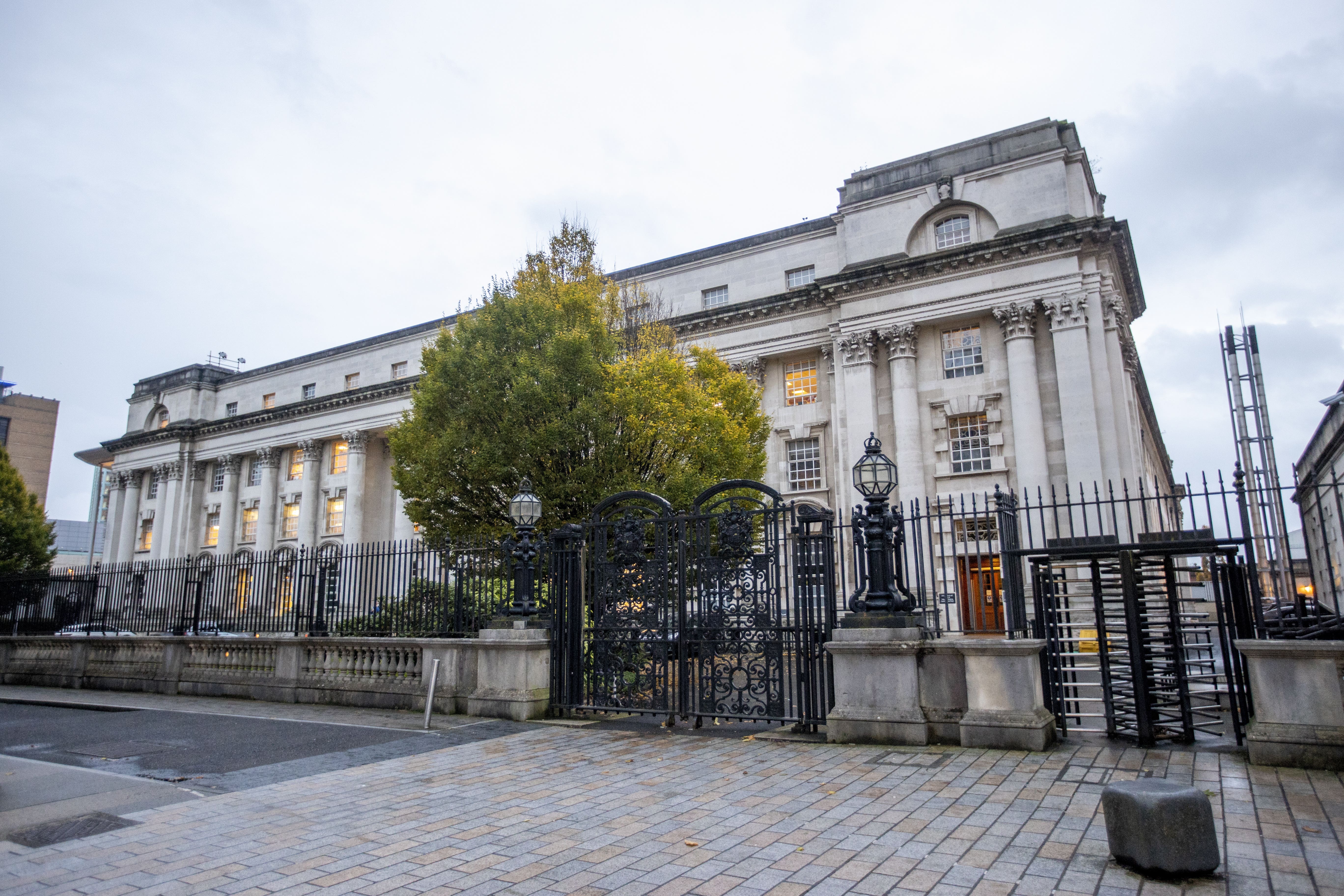Legal challenge to UK’s Legacy Act gives bereaved families ‘fresh hope’
Those bereaved in Northern Ireland’s Troubles have thanked the Irish Government for taking the action.

Your support helps us to tell the story
From reproductive rights to climate change to Big Tech, The Independent is on the ground when the story is developing. Whether it's investigating the financials of Elon Musk's pro-Trump PAC or producing our latest documentary, 'The A Word', which shines a light on the American women fighting for reproductive rights, we know how important it is to parse out the facts from the messaging.
At such a critical moment in US history, we need reporters on the ground. Your donation allows us to keep sending journalists to speak to both sides of the story.
The Independent is trusted by Americans across the entire political spectrum. And unlike many other quality news outlets, we choose not to lock Americans out of our reporting and analysis with paywalls. We believe quality journalism should be available to everyone, paid for by those who can afford it.
Your support makes all the difference.Bereaved families have praised the Irish Government for “giving them fresh hope” by challenging the UK’s controversial Legacy Act.
The Act, passed earlier this year despite widespread opposition, will end future court action and legacy inquests, funnelling cases from Northern Ireland’s troubled past to the newly set up Independent Commission for Reconciliation and Information Recovery (ICRIR).
The commission will be able to offer a limited form of immunity from prosecution in exchange for information.
With dozens of legacy inquests remaining at hearing or yet to be heard, and while other families are still campaigning for a fresh inquest, the Act was viewed as dashing hopes for justice.
A judicial review of the Act was heard at the High Court in Belfast earlier this year.
The Irish Government will bring the case under the European Convention on Human Rights.
Emmett McConomy told the PA news agency he was delighted the Irish Government will challenge the Act.
But he said it was tempered by the “realisation we should never have been in this position in the first place”.
Mr McConomy was seven in 1982 when his 11-year-old brother Stephen died after being hit in the head by a plastic bullet as he played close to his home in the Bogside area of Londonderry.
“Victims’ needs have been trampled across by the Government, they have been brushed aside and the only beneficiaries of this Act are the perpetrators of violence,” he said.
“So to see the Irish Government finally act upon what it suggested it may do is a relief.
“We’re happy it’s happening but it’s going to be several months of legal cases in Europe, which is several more months than some victims’ families won’t have – we’re not getting any younger – and we have to assume the British Government will fight this tooth and nail as they tend to when it comes to victims’ needs.
“But today gives us a little bit of hope and I think that’s the only thing that victims have ever had was hope, and we cling on to that and that’s priceless to us, and we will never lose hope regardless of what successive British governments propose to inflict upon victims.
“We’ve always remained hopeful that the truth will come out and that justice will rightly be served.”
He said they are “absolutely opposed” to the commission and have told them they will not co-operate with them.
Rosaleen Dalton, whose father Sean was killed in an IRA booby trap bomb at a house in Derry in 1988, with two other people, as they went to check on a neighbour in what has become known as the Good Samaritan case, also welcomed the announcement.
Her family has been refused a fresh inquest into her father’s death, but she said she was pleased there was fresh hope for other families.
“I think it’s a great decision. I think it’s the best decision and I think it’s the only recourse of action really, that that can be taken,” she said.
“We lost our case this year, but I think it’ll give other families hope for the future.
“As the Legacy Act stands, it puts an end of all those inquests and investigations.
“People like ourselves and our families have nowhere to go, so just knowing that somebody’s fighting in our corner just gives us some fresh hope and optimism.”
Raymond McCord, whose son Raymond McCord junior was killed by loyalist paramilitaries in 1997, has publicly thanked Irish premier Leo Varadkar and deputy premier Micheal Martin.
“Anyone in Northern Ireland who condemns or criticises the Irish Government over their action is no friend of victims,” he said.
“The Conservatives showed that not only do they not care about justice but they also treated the entire population of our country with contempt with such an abuse of human rights.
“We all should thank the Irish Government for taking the case to Europe. Unionists and nationalists’ victims have been given hope by the Dublin Government in our quest for truth and justice.
“This challenge is not orange or green but the beginning of the end of the Bill which we have fought so hard to stop.
“Thank you Mr Varadkar and Mr Martin.”